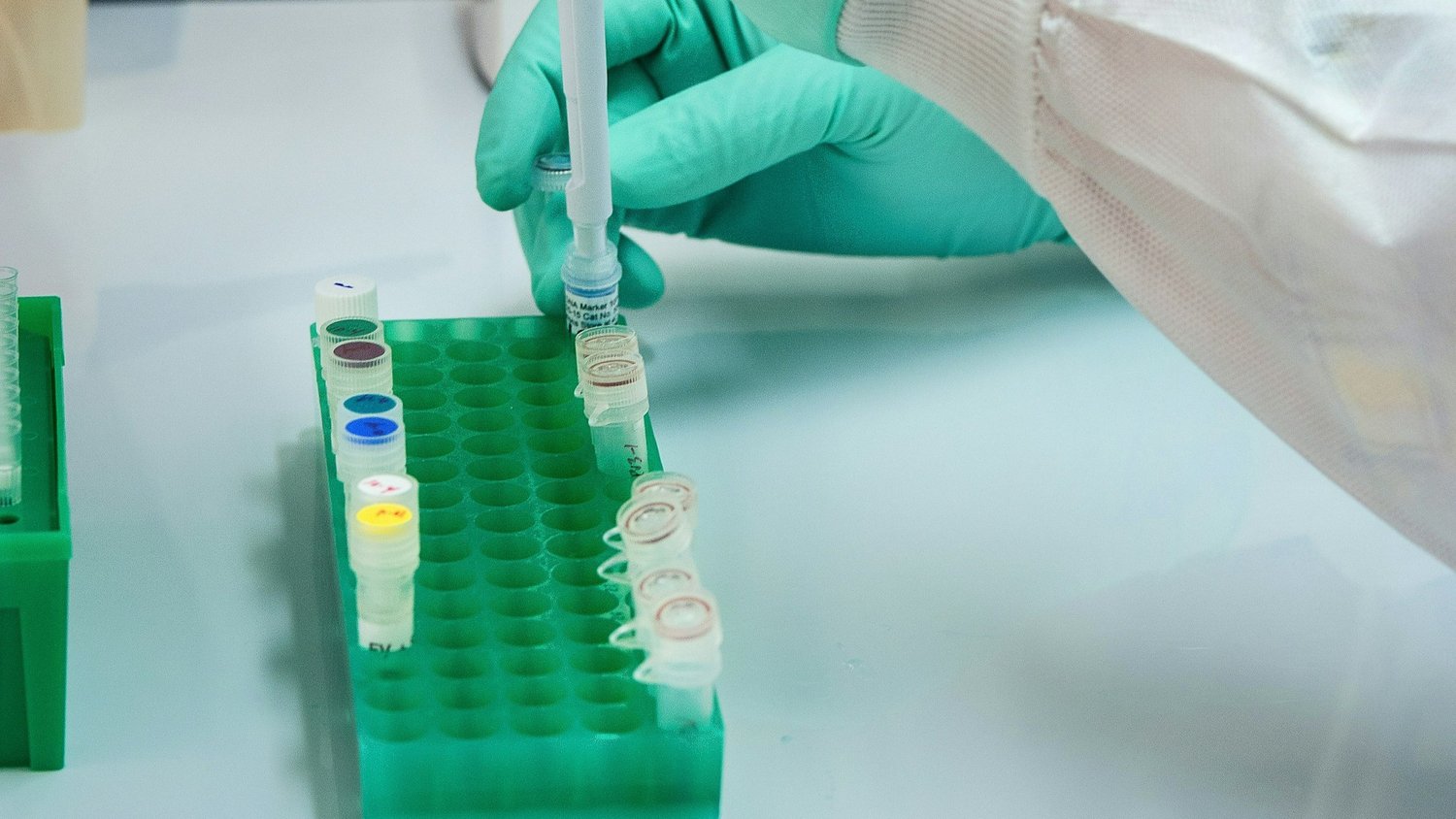Scientists from Northwestern Medicine and Brigham and Women’s Hospital have noticed that lupus patients exhibit changes in multiple molecules in their blood. These changes, in turn, lead to a lack of activation of a pathway managed by the aryl hydrocarbon receptor (AHR). The AHR regulates the cells’ response to environmental agents such as pollutants, bacteria, or metabolites. When the activation of AHR is lacking, T peripheral helper cells—or disease-promoting immune cells—become abundant and promote the production of disease-causing autoantibodies.
Through this discovery, Dr. Jaehyuk Choi and his team hypothesized that activating the AHR pathway with small molecule activators could reduce the number of disease-causing cells. Investigators tested this hypothesis by injecting these AHR small molecule activators into the blood samples of lupus patients. Doing so seemed to reprogram the lupus-causing cells into a cell type called Th22, which may help reverse the damage caused by the disease.


